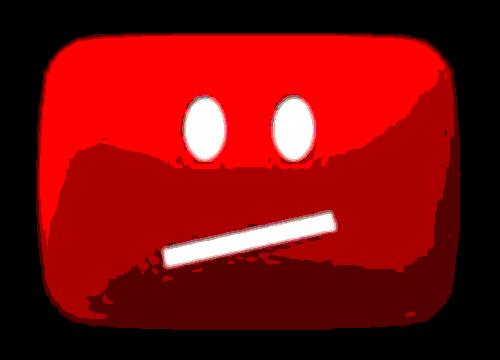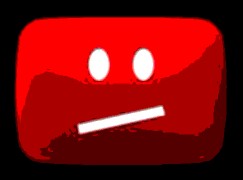Anyone else getting hassled on Youtube? And why is it always Sony?
mainMessage from Antonio Pompa-Baldi, professor of piano at the Cleveland Institute of Music:
Something extremely disturbing is happening on YouTube.
Like many musicians, I have a YouTube channel. I upload videos, mostly of my own playing. I would never upload something played by someone else and try to pass it for mine. Unfortunately, those kinds of people do exist, we know, but I never have, and never will.
We know that YouTube, like Facebook, has a very dumb software that “recognizes” the music played, to see if one is infringing on copyrights. We know this software is dumb because, while it recognizes the piece, it does not distinguish performances. That’s why, often, a Facebook live broadcast gets stopped, or a claim is put on a YouTube video by mistake. Usually, one appeals, and the claim is removed.
However, for three of my own videos (Mozart Sonata K332, Beethoven Emperor, and Rachmaninoff Second Piano Concerto) Sony Music Entertainment claims I am using other people’s performances. In other words, they claim I used commercial recordings. That is absolutely false, of course.
The disturbing things here are: 1) If there is a dispute, why would YouTube allow one of the two parties to decide? That’s like having prosecution and defense lawyers, but no judge, and only the prosecution gets to decide if the defendant is guilty or innocent. It’s nonsense. Should there not be a third entity making the decision, one that is not partial? Well, YouTube says SME decides whether the claim they put on my video is valid or not. 2) How can SME claim I’m using Badura-Skoda’s Mozart Sonata, when all they’d have to do is listen for a few seconds and they would immediately know it’s not the same recording? Does that mean they don’t even listen? 3) Perhaps the worst part: after SME rejected my statement that the video is mine, YouTube let me know that, if I appealed again, I risked a “copyright strike”.
Three copyright strikes means your account is terminated. It is all completely unfair, and it is crooked, too. SME is monetizing my video, saying that they own the rights to it, when they do NOT. I am going to watch what happens after my second appeal, and then, if this does not get properly rectified, I am going to start a movement. I am going to call on everyone who is, or has been in a similar situation, to go after YouTube, together. Yes, not after SME. After YouTube. It’s their platform. If there is a dispute, they should be the judge, not me nor SME!







Comments